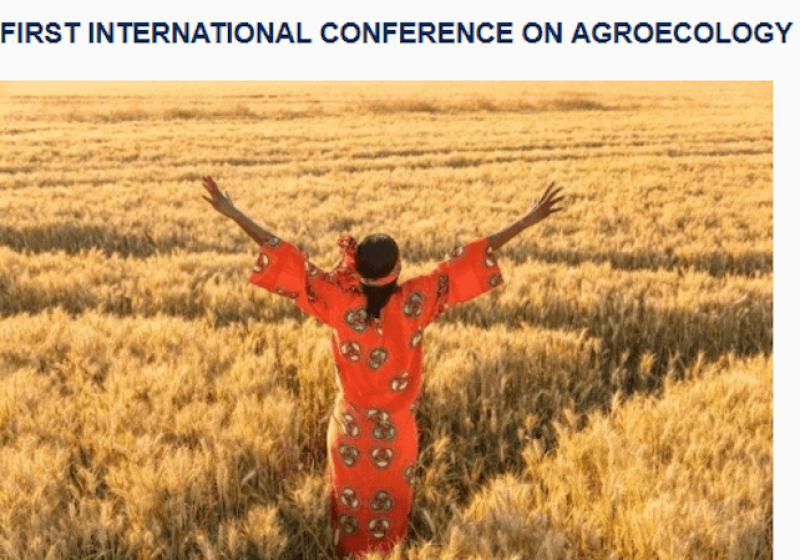Let me give two examples.
An eco-farming conference was held in Nairobi, Kenya. The Swedish Society for Nature Conservation (SNF) was one of the main contributors to the event. Four of the speakers–Judy Carman, Don Huber, Gilles-Éric Séralini and Tyrone Hayes– are all controversial scientists known for peddling fear, lies and scorn for mainstream science as part of their anti-GMO crusade.
Both Séralini and Carman have studied genetically modified corn. In 2012, Seralini presented a now-retracted study claiming that genetically modified corn and Glyphosate cause cancer in rats. The rest of the research community blasted the study immediately after it was published. The same experts have also criticized Carman, whose latest work may have even violated the rules for animal studies. In the 17 years since Don Huber retired as a plant pathologist, has given a cavalcade of fearmongering presentations claiming that GMO crops produce malformed children and that plants can get AIDS. Both assertions are utter nonsense.
Taxpayer-subsidized activism

SNF has used taxpayer money to support anti-GMO activist groups who campaign to fool legislators and farmers in Africa (a continent that desperately needs to develop its agriculture sector to feed itself) into believing that GMOs and pesticides make men sterile and deform children, and that genetically engineered plants can get blood infections. These “researchers” weren’t invited by mistake; the SNF can’t claim with any credibility that it didn’t know who these prominent anti-GMO campaigners are. SNF has replied that the organizers don’t recognize themselves in my description, but I have been a journalist long enough to know that “don’t recognize themselves” is a confession.
SNF receives nearly 90 million Swedish crowns (around $9 million) a year in government support. It also gets funding from The Swedish International Development Cooperation Agency, SIDA. It’s unlikely the government wanted money meant for humanitarian aid to finance lies, increased hunger in Africa and greater suffering in the world. The government also didn’t support environmental organizations in order to increase agriculture’s environmental impact—but that’s what happened.
This summer, SNF’s campaigning led to mass crop losses. Last year, the Swedish Chemicals Agency approved the use of the neonicotinoid insecticide Imidacloprid to protect sugar beet seeds from stubborn pests. SNF intervened in a campaign to “save the bees,” and managed to have the approval revoked. For the last 20 years, we have protected sugar beet seeds with Imidacloprid without any unwanted effects on insects and bees.
[See the GLP’s Pesticides and pollinators section to learn more about neonicotinoids.]
Activist groups allege that ‘nobody denies that neonicotinoids are poisonous to bees.’ On the contrary! Studies show that bees die in laboratory studies when they are forcibly fed the chemicals. In reality, bees are not forcibly fed pesticides in the wild. In fact, there is no evidence that neonicotinoids contributed to Colony Collapse Disorder or that they caused a single beehive, directly or indirectly, to collapse here in Sweden.
In fact, apart from an accident in Germany in 2012, there is no evidence that neonicotinoids have caused a single case of acute poisoning of bees throughout the EU. We went from protecting buried seeds with a small amount of Imidacloprid (without harming beneficial insects) to repeated spraying of entire fields with far more toxic substances at much higher doses, during a period when bees are active. This has yielded predictably negative results. The consequence of the neonicotinoid ban was that all insects, whether beneficial or pest, were eradicated from entire fields. I can’t recall any other single event that had such a comprehensive and negative impact on insect populations as the restriction SNF forced on Swedish Farmers.
The rule of law and the environment are consistently set aside for the benefit of feelings, and justified by activists as a “good thing.” Do we really want a society in which emotions override facts at the public’s expense?
Per-Ola Olsson is a Swedish journalist and educator
This article originally ran at Upsala Nya Tidning and has been translated and republished here with permission.































